Demographics

Data Day 2014: Focus on housing
Does your business or nonprofit use housing data? Would you like to learn more about how to use local and national housing data more effectively? The second annual Charlotte Data Day kicks off at 8:30 a.m. June 17 at the UNC Charlotte Center City campus, 320 E. Ninth St. in Charlotte. This year’s event will […]
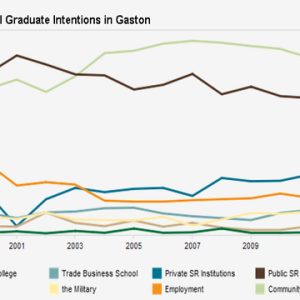
Gaston agencies, foundation work with institute to create new online resource
A new data resource about Gaston County is available through online, interactive dashboards. Trends on the county’s demographics, economy, education, health and quality of life are tracked and compared to peer counties as well as state and national figures. This represents a continuing partnership coordinated by Gaston Together and other local Gaston County groups with […]
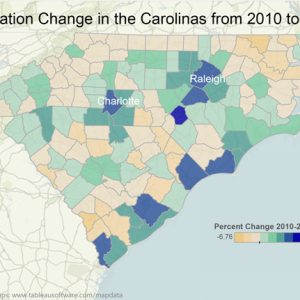
Big urban gains, rural losses in the Carolinas
North Carolina continues to grow faster than the U.S. average and faster than all but two other Southeastern states.* That growth is increasingly uneven and concentrated in the metro areas of Charlotte and Raleigh. The Carolinas have a long history of being a small-town and small-city region of the country. The latest census population estimates […]
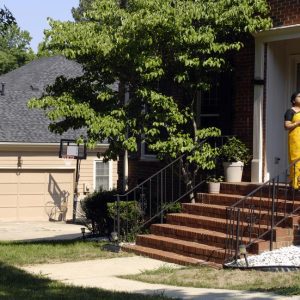
Who are Charlotte-Mecklenburg immigrants?
On Feb. 27, the Charlotte Mayor’s Immigrant Integration Task Force met for the first time. Around the same time, Charlotte Chamber President Bob Morgan signed a letter by the U.S. Chamber of Commerce and the Partnership for a New American Economy to House Speaker John Boehner, urging him to move immigration reform forward this year. […]
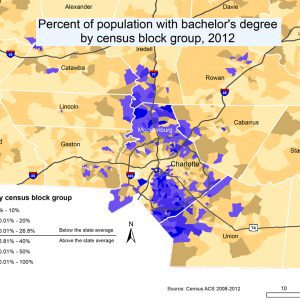
Smart metros: Charlotte and North Carolina
Charlotte’s metro has one of the fastest-growing college-educated populations in the U.S. Where exactly do the educated live in Charlotte? As people with college degrees cluster in metros, what does that mean for rural areas? The number of college-educated adults exceeds 40 percent of the working population in just a handfull of counties across the […]
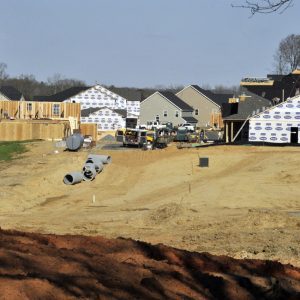
Have your say on area’s growth
How should the Charlotte region grow over the next 50 years? It’s a complicated question, but planners from area towns and cities and the Centralina Council of Governments have been at work finding an answer. And once again, they’re looking for the public’s help. In March, the CONNECT Our Future program will hold open forums […]
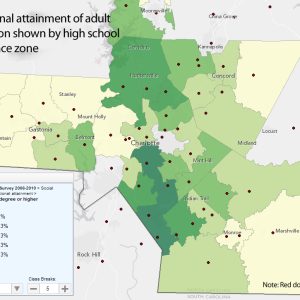
N.C.’s TIMS project helps effort to update public school boundaries
Where your child (or grandchild or niece) goes to school is important to you personally. How the demographics of your child’s district compare to that of other districts across the country is important to researchers, policy makers and even disaster relief planners. A program used in North Carolina should streamline the work of updating this […]
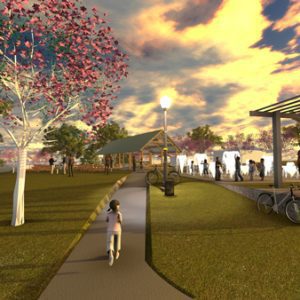
Resources for neighborhoods
Whether you want to look up data or understand an issue or trend affecting the Charlotte region, the online resources of the UNC Charlotte Urban Institute are available to help you. There are also many other programs on campus that work with local groups. The institute offers articles and data on a range of issues […]

Institute accepting questions for 2014 Charlotte-Mecklenburg Annual Survey
If your agency or organization is looking for an affordable and reliable way to gauge public opinion and attitudes, the UNC Charlotte Urban Institute’s annual survey of Mecklenburg County residents is available for your survey research needs. For more than 30 years, the institute’s Charlotte-Mecklenburg Annual Survey has been an important resource for local governments […]

Recession in Charlotte, Sun Belt: more people, more poverty
Population growth in Charlotte has always come with plenty of costs, but rising incomes and prosperity were part of the expected returns. Yet it turns out that during the recent recession and economic downturn, as population growth continued, economic growth sputtered. Charlotte experienced a long period of population and income growth through much of the […]